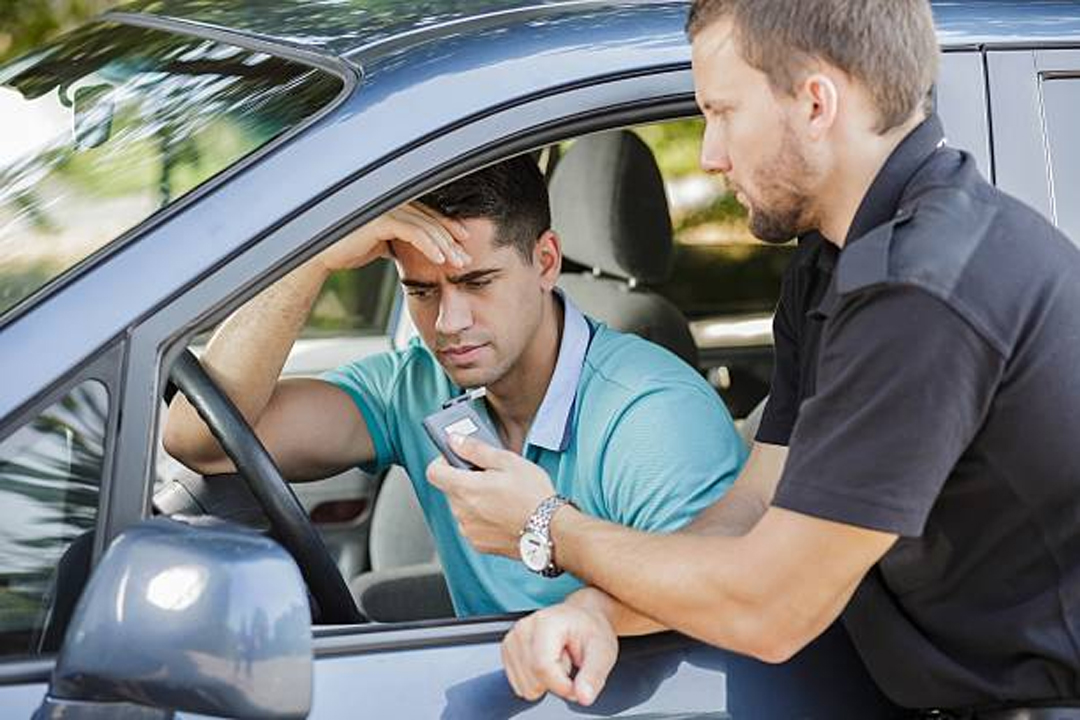
Imagine being pulled over and tested for DUI after dinner, only to find that your meal – not an alcoholic beverage – caused you to fail a breathalyzer test. Well, it’s been known to happen.
If you find yourself in a situation like this, it can be helpful to understand what happened (so that you know what information to pass along to your DUI attorney).
Here are several foods and situations that can cause false positives:
1. Ripe Fruits
You probably don’t think twice about eating a ripe piece of fruit. After all, it’s good for me! But when it comes to breathalyzers, you might want to be cautious. Fruits like apples, bananas, and pears can ferment naturally as they ripen. This fermentation process produces alcohol, albeit in small quantities. However, even this small amount can be enough to skew the results of a breathalyzer.
Yes, it sounds crazy that munching on an apple could cause you to fail a breathalyzer test. And while it’s certainly not likely, it’s absolutely possible when different factors align at the wrong time. Don’t stop eating your fruits – but do be aware!
2. Yeast-Leavened Bread
Bread is a staple in many diets, but it can also be a culprit for false breathalyzer results. When bread is made, yeast is used for leavening. It ferments the sugars in the flour, creating alcohol as a byproduct. While most of this alcohol is baked off during the cooking process, trace amounts can remain in the bread.
Again, it’s not likely that a couple pieces of bread will make you fail a breathalyzer test, but it is a possibility. Being aware of these facts can give you a little more knowledge in a situation such as this.
3. Sugar-Free Gum and Protein Bars
Chewing sugar-free gum or eating a protein bar might seem like a harmless act, especially when you’re trying to avoid sugary snacks. However, many of these products contain sugar alcohols like xylitol, sorbitol, or mannitol. These compounds can be converted into alcohol in your mouth. If you pop a piece of gum or snack on a protein bar shortly before a breathalyzer test, you could end up with a reading that falsely indicates alcohol consumption.
4. Energy Drinks
Some energy drinks can be problematic before a breathalyzer test. Not only do they often contain alcohol as an ingredient, but certain types also have other compounds that might convert to alcohol in your saliva. On top of that, the aromatic compounds in these drinks could be misinterpreted by the breathalyzer’s sensors.
Another thing to be aware of with energy drinks is that they can make some people seem jittery and wired, which could make a law enforcement officer want to take a closer look at you and figure out if you’ve been exposed to any substances.
5. Dieting and Diabetes
Did you know that your diet or a medical condition like diabetes can influence breathalyzer outcomes? Yep – this is actually somewhat common in DUI breathalyzer tests that come back with a false positive.
If you’re on a low-carbohydrate diet, such as keto, your body may enter a state of ketosis. During ketosis, your body burns fat for fuel, resulting in the production of ketones. Some of these ketones, like acetone, can be converted into isopropanol in the body, which might then be detected as ethanol (the type of alcohol found in beverages) by a breathalyzer.
On a similar note, individuals with diabetes might have elevated ketone levels, particularly if their condition is not well-managed. This can also lead to false positives in breath tests.
What Can You Do?
If you find yourself in a situation where you’ve tested positive on a breathalyzer and believe it to be a false reading due to any of these reasons, it’s important to communicate this to the authorities. They might roll their eyes and look at you like you’re trying to get out of the situation, but that’s not your problem. You need to speak up and immediately go on record with these details.
Requesting a blood alcohol test can help clarify the results, as it is more accurate and won’t be affected by recent food intake or other substances. This would be the appropriate next step. However, your best option is going to be to call a DUI attorney. A good attorney will be able to put together a strong defense and hopefully prove that the breathalyzer was falsely positive based on something you ate or a medical condition that you have.

